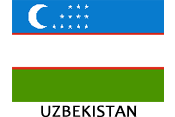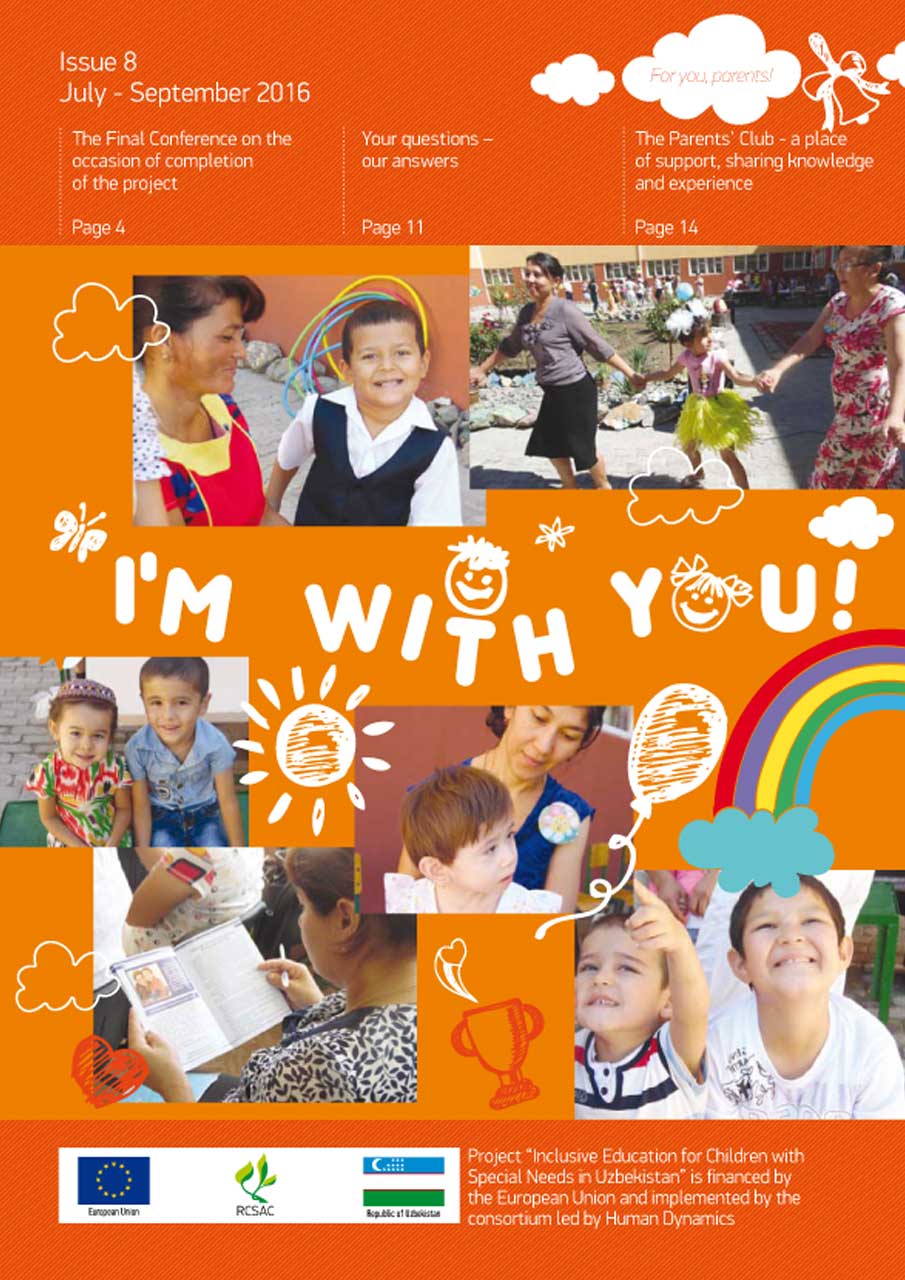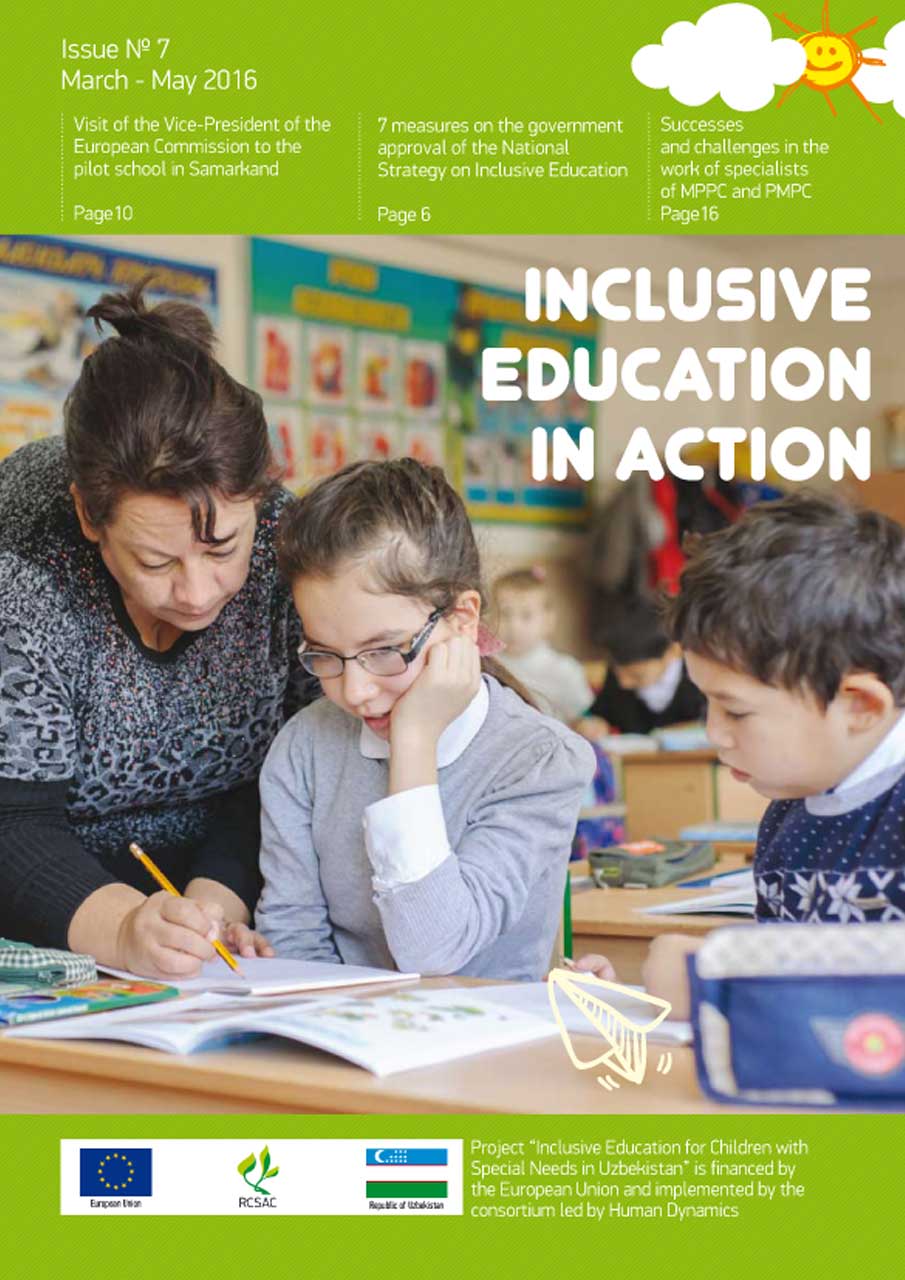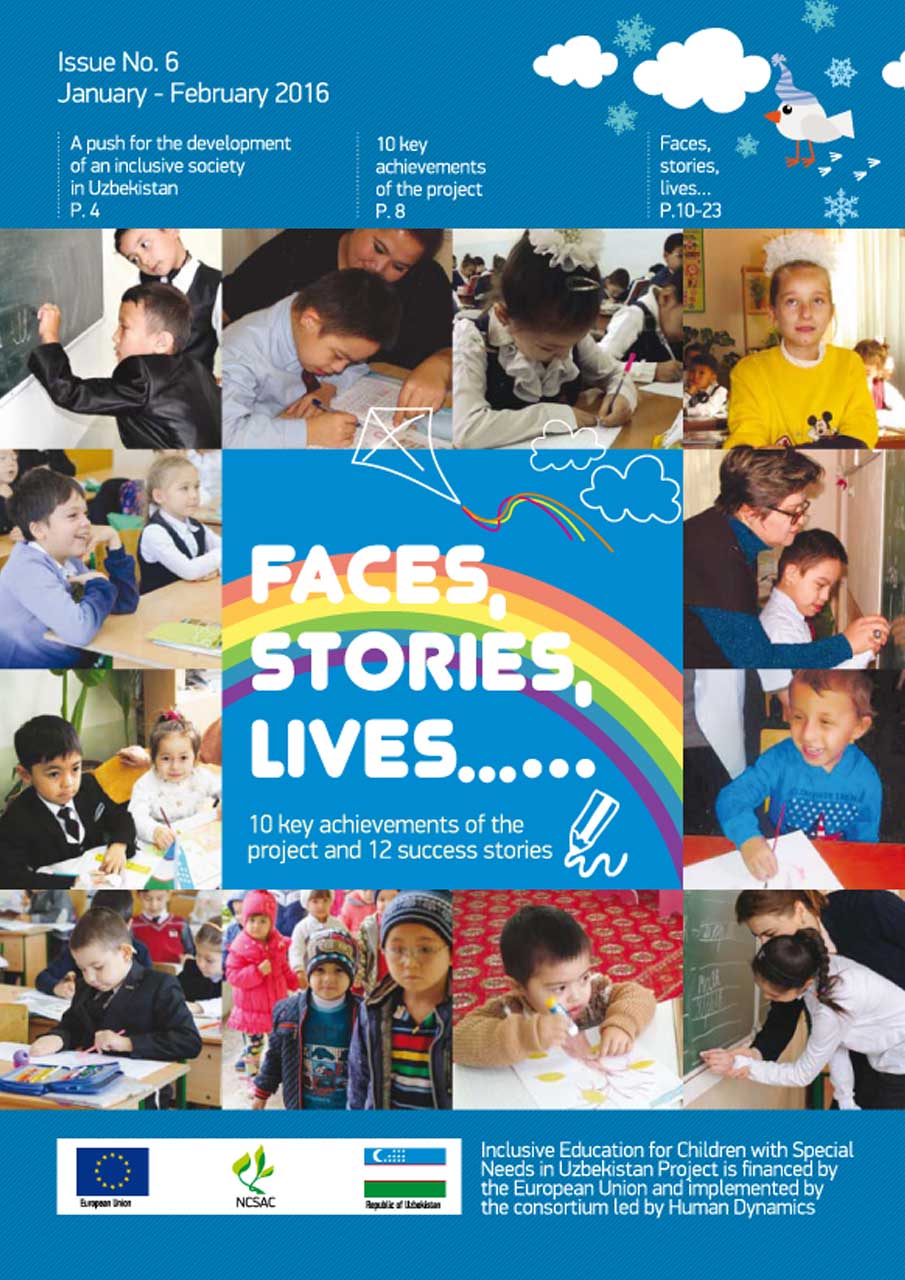Trainings for members of the Medical, Psychological and Pedagogical Commissions: “Diagnosis is not a Death Sentence”
During the summer months the Project has trained more than 250 experts participated in the process of assessment of children with special educational needs, which, for the most part was based on the opinion of the members of the medical, psychological and pedagogical Commission and teachers.
The Project has provided a number of training courses for more than 50 members of the medical, pedagogical and psychological Commissions (MPPC) in the period from early July to late August,in order to identify children with special educational needs In Uzbekistan. In Uzbekistan, the MPPCs provide guidance to parents regarding placement of children with special needs in appropriate educational institutions. At these training sessions, it was agreed that the diagnosis of the child will not be an important determining factor for assessment of these children’s abilities.
Instead, the main criterion will be the ability of a particular child to follow the pedagogical process in educational inclusive environment. An improved procedure for assessment was developed and used for this purpose. Based on knowledge and skills obtained through these trainings, members of the MPPCs have already started to refer hundreds of children with special educational needs to 15 pilot schools and 15 kindergartens of the Project.
Termez: “Emphasis must be placed on study of the child’s possibilities” (Ikhtiyor Temirov, Inclusive Education Coordinator in Surkhandarya oblast)
Regional training seminars on MPPCs and PMPKs for representatives of the social protection system for children in Termez, in particular for representatives of regional departments of the Ministry of Public Education, Ministry of Health andMinistry of Labor and Social Protection of Surkhandarya oblast, as well as for MPPC and PMPK members, directors and teachers of the pilot schools and pilot preschool institutions were held in the framework of the “Inclusive Education for Children with Special Needs in Uzbekistan”
Project on August 3 – 4, 2015. The purpose of this event was raising legal awareness and legal culture of the above specialists in children’s rights, in particular concerning the new adopted regulatory legal acts on activities of these Commissions and the organization of the educational process of children with special needs (SN). The training also presented the tools for assessing school readiness of children with special needs, developed by international and national experts for the Project.
The main emphasis is on the learning opportunities of a child who has special educational needs. During two days specialists of the Republican Center for Social Adaptation of Children and the Projectcovered more than 45 pedagogical specialists, medical professionals, as well as high-level officials who participate directly in the organization of Inclusive Education. A number of these regional seminars will be held in Tashkent (August 5), Urgench (August 10-11), Samarkand (August 6-7) and Namangan (August 13-14).
According to legal documents, members of the Commissions are medical and pedagogical specialists who have to make collective decisions and recommendations for referral of children with SEN to educational institutions, together with their parents or legal representatives of children.
Tashkent: “The Commission shall perform its tasks in the “best interests of the child” Dildora Tulyaganova, Inclusive Education Coordinator in Tashkent city and Tashkent oblast)
A regular seminar was held on August 5, in the Resource Center for Inclusive Education at School No.324 of Shaykhantaur district, Tashkent. The seminar in Tashkent highlighted that the Commission should fulfill its tasks in “the best interests of the child”. Parents of children should be informed that the decision of the Commission is only a recommendation. The final decision on the type of educational institution is up to the parents (or persons with parental rights to this child). A meeting with parents of children with special educational needswas organizedduring the seminar in Tashkent.
The conversation took place at the round table in a relaxed atmosphere over a cup of tea. Parents asked all the issues of concernfor their child. Most often this is an experience like “Whether my child can get through a Commission”. The Project Manager, Juergen Becker and experts tried to answer all questions and to support parents. As of August 5, it turned out that one child has already passed the Commission and received a recommendation for learning in an inclusive school, which was good news for the seminar participants.
Samarkand: “Every child has the right to appropriate and effective education” (Ra’no Khalilova, Inclusive Education Coordinator in Samarkand oblast).
Seminar at the Resource Center for Inclusive Education at the educational school No.17 of Samarkand was held on August 12-13.Umarova M. D., teachertrainer ofsecondary school No.17, and Adylova Sh. A., Methodist of the pilot kindergarten No. 76 of Samarqand conducted the training for teachers and educators working with children with special educational needs. During the training in Samarkand, it was particularly noted that every teacher and educator working with children with special needs should possess knowledge and skills in the principles and practices of Inclusive Education.
Model of inclusive system of education is – “Every child has the right to adequate and effective education in his local comprehensive school”. Participants took part in then game “I want”, after which the ydiscussed the matters such as: What diffic ulties are encountered by such a child? What can I do to help?Do I need to correct my teaching so that this child can study more effectively? Do I need to evaluate the academic performance of this child in another way? Also, teachers and educators have studied the concept of “differentiation” according to which there is no sense to teach all children the same things and in the same way, while expecting from all of them to achieve the same results and the same academic progress.
Special attention was paid to the discussion of identifying barriers in the learning environment faced by not only children with special needs, but the teachers, caregivers and parents. The trainees learned that barriers can be created as a result of the curriculum and teaching methods, there are as well barriers in communication, social and physical barriers, and psychological barriers. Lackof information is also a barrier; in addition, the teachers themselves can act as a barrier in gaining access to education.
Publishing
Contact Information
- Офис проекта "Инклюзивное образование для детей с особыми потребностями в Республике Узбекистан"
Республиканский центр социальной адаптации детей
Абдулла Каххар, 34
Ташкент 100100
Узбекистан - Тел: (+99890) 980-82-98
- Email: inklyuzivnoe.obrazovanie@hd-ie.com
List of Parent’s Clubs in Pilot regions:
Parent's Club in Urgench:
Established: September 2015
Number of members: 142 parents
Contact person: Muyassar Ibragimova
Phone: (+998 93) 922-71-22
Parent's Club in Termez:
Established: February 2015
Number of members: 14 parents
Contact person: Maya Ganieva
Phone: (+99891) 580-30-65
Parent's Club in Namangan
Established: May 2015
Number of members: 25 parents
Contact person: Nilufar Hudaykulova
Phone: (+99891)368-05-78
Parent's Club in Samarkand
Established: February 2014
Number of members: 25 parents
Contact person: Rakhmatullaeva Rohat Abdugafarovna – Chairman
Phone: (+998 91) 559-85-21
Parent's Club in Tashkent
Established: September 2015
Number of members: 15 parents
Contact person: RozmetovNasiba
Phone: (+99897) 709-76-18,(+99890 ) 952-06-22






